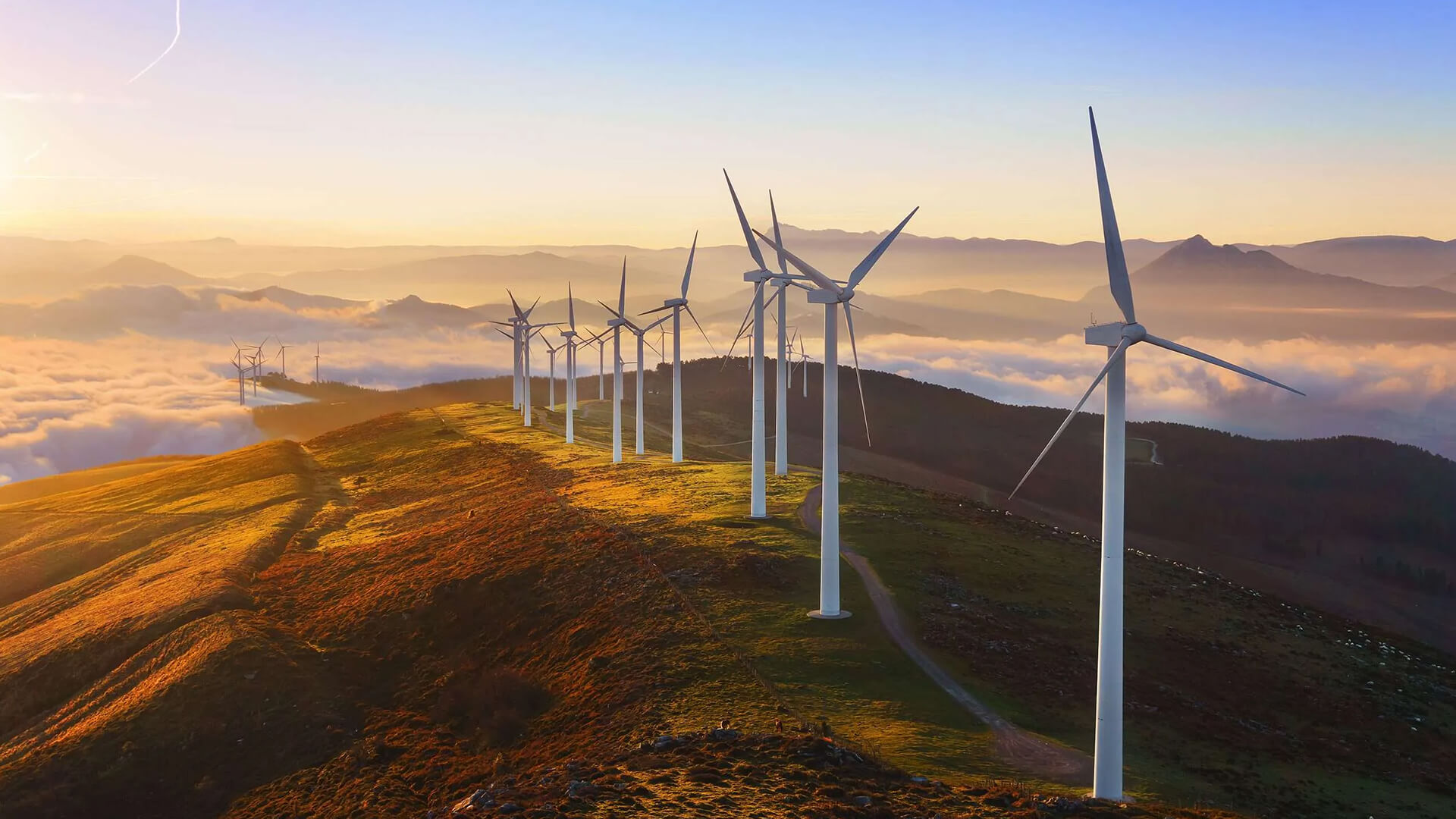
The energy transition was born in Germany in the 1980s and is now well known with the word “Energiewende”.
It has now become a global megatrend with the growing necessity to transform energy generation and reduce carbon emissions. In 2015, France implemented the "Energy Transition Law" aimed at developing a new energy model, "Green Growth", and so contributing more effectively to the fight against climate change.
The targets appear clear accelerated by the current situation in Ukraine: Reduce fossil fuels and transform the entire energy systems to a carbon neutral generation with renewable energies and hydrogen.
To achieve the European Climate Deal targets by 2050, France's objectives are to increase the use of renewable energies from 12% to 32% of final consumption, to reduce final energy consumption by 50% and to diversify electricity production, in particular by reducing the share of nuclear power (40% to date). The main efforts will have to focus on housing and transport, which together consume 80% of national energy.
As this example from France shows, this global and progressive transformation will of course affect us all, including with the emergence and development of new professions. Generally speaking, for the past 10 years, global renewable energy employment has been booming:

In the solar sector, employment in France will rise from 18.000 in 2020 to 25.000 in 2028. One reason companies are recruiting so much is because they have to cope with the exponential growth in demand for equipment.
The 250 main players have hiring plans for 2022 and this seems to be only the starting point. That is 40 to 100 jobs to be created per company. In demand are engineers, financial engineers, project managers, IT experts with relevant skills and executives, who are able to lead an energy transition on a large scale.
In France, ENEDIS, the EDF subsidiary, is seeking to recruit 2,000 people, has set up recruitment hubs in many French cities in order to attract talent directly on the ground. But also the large Oil companies such as BP, Shell, Exxon and Total, and in Germany RWE and E.ON are desperately seeking a talented executive workforce to orchestrate this energy transition.
From the point of view of the economy this is critical as there is clearly competition for the best talents and companies tend to search for employees with a ready to start skillset. As a consequence companies are trying to hunt for talent from their competitors. An increase of salary level is to be expected as companies tend to pay retention bonuses to avoid “bloodletting” of their competencies. Experience from our own international executive research shows that currently the willingness to change jobs has focused on expert levels but also executive levels have significantly decreased.
Not only from the perspective of the EU economy, but it makes sense elsewhere to attract excellent talent from other industries which are also in transformation but with less future certainty, such as automotive industry.
Bearing this in mind it makes sense for the energy, engineering and manufacturing sectors to put effort into reducing their carbon footprint and to elicit support from a trusted international Executive Search partner - one who has an in depth knowledge of the market and relevant industry networks.
.